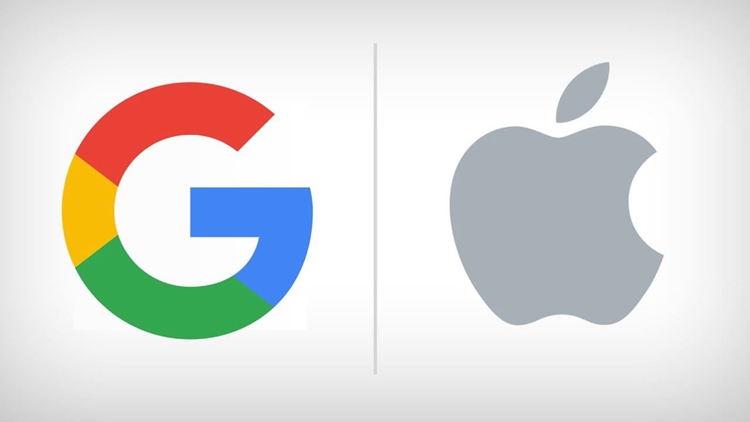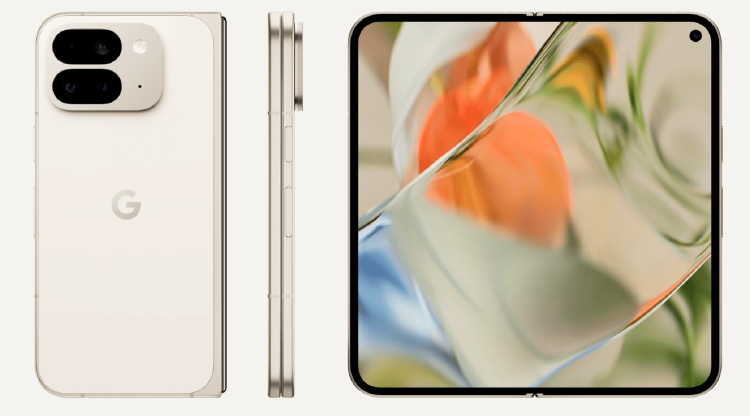Apple “limited” in the iPhone on the personal intelligence system Apple Intelligence only two weeks, Google followed the action, began to widely implement the Android operating system's large language model (LLM) artificial intelligence (AI), in the new generation of flagship smartphones on the full line of its own model supported by the AI assistant.
On August 13, local time, Google announced the integration of the Gemini AI assistant into Android, meaning that Android devices will have new AI features assisted by Gemini. At the same time, Google released the first Gemini AI-enabled flagship smartphone Pixel - Pixel 9 series.
Google's Pixel 9 series has a total of three full-screen phones - Pixel 9, Pixel 9 Pro, and Pixel 9 Pro XL - as well as a folding-screen phone, the Pixel 9 Pro Fold. all of the new phones are powered by Google's own Tensor G4 chip, with the gap mainly coming from the different permutations of hardware configurations.
As with Apple's nomenclature, the Pixel 9 and Pixel 9 Pro are both 6.3 inches, with the latter using a better parameterized LTPO screen, and the Pixel 9 Pro XL being 6.8 inches. Meanwhile, in order to run AI, the new Google phones start with 12GB of RAM capacity, while the two Pro phones have 16GB.
The most recognizable feature of this generation is the “camera strip” on the back. All three phones feature a 50-megapixel wide-angle lens and a 48-megapixel ultra-wide-angle lens, with the Pro version adding a 48-megapixel ultra-wide-angle lens with 5x optical zoom and 30x ultra-high-resolution digital zoom, and the Pro lineup also upgraded its front-facing selfie camera to 42 megapixels.
In terms of pricing, the Pixel 9 price starts at $799 (roughly Rs. 5,717), while the Pixel 9 Pro and Pixel 9 Pro XL start at $999 and $1,099 respectively.

Finally, as Google's second foldable screen phone, the Pixel 9 Pro Fold increases the size of the inner screen from 7.6 inches to 8 inches and the external display from 5.8 inches to 6.3 inches.
Like the previous two Pro phones, Google's latest folded flagship comes with the same Tensor G4 chip and 16GB of RAM. for the sake of the phone's thinness and lightness, there are still compromises on the camera front, with 10.5 and 10.8 megapixels for the ultra wide-angle and telephoto lenses, respectively. As a folding-screen flagship, the phone has a starting price of $1,799.
In a Google Inc. blog post, Sameer Samat, president of Android ecosystems, said:
“We've completely rebuilt the Assistant experience with Gemini, so you can talk to it as naturally as you would talk to a human. It understands your intentions, follows your train of thought, and accomplishes complex tasks.”
Beginning August 13, Samat said, users will be able to bring up Gemini's overlay at the top of the app they're using to ask questions about what's on the screen. Google introduced the Gemini assistant, which will be available on hundreds of phone models from dozens of device makers.
Ben Bajarin, CEO and principal analyst at Creative Strategies, commented that it's great to hear Google talking about re-imagining the entire Android OS to embed AI deeply into the OS. This is the client OS bet, and Google, Microsoft, and Apple will all be moving down this path and demonstrating their strong value propositions to customers.
According to Bajarin, Google's positioning of AI as helping people do everyday tasks easier and faster is spot on. Just one feature can make everything a person does every day easier. This is the core value proposition of generative AI.
Gemini Live lands first on Android phones and is limited to English languages, Google says. Google is rolling out to Gemini premium subscribers on Android phones starting this Tuesday, and will expand to Apple's iOS with more language versions in the coming weeks. That said, Gemini Live in English is available to premium subscribers on Android phones this Tuesday.
Google describes Gemini AI as including a mobile conversation experience, Gemini Live, as well as a conversation overlay layer on Android, and Gemini's ability to connect to additional apps apps to provide daily help.

What are Gemini Live's skills? Google cites that users can use it to initiate brainstorming and communicate directly with it on the line to find jobs that might be a good fit for the skills or degree the user has. If a question is in-depth, users can even interrupt Gemini in the middle of an answer or pause the conversation and come back later to continue it. Having a phone with Gemini AI is like having a companion in the user's pocket with whom they can chat about new ideas or practice important conversations.
Google describes Gemini as being fully integrated into the Android user experience, offering more context-aware features that are only available on Android. No matter what the user is doing on their Android phone, Gemini will be there to help when they need it. Simply long-press the power button or say “Hey Google” and Gemini will be there, ready to help.
Google says users can experience Gemini Live without a lot of manual effort, such as being able to continue a conversation using the Gemini App while the phone is locked, so they can continue to talk on the go as if they were making a regular phone call. To make conversations with Gemini feel more natural, Google has provided the option of introducing 10 new voices from which users can choose the Gemini tone and style that best suits them.
For connected apps, Google says that Gemini can be integrated into all current Google Apps and tools to help users accomplish all kinds of tasks, and that it does so without requiring users to switch between apps and services.
Google also cited that with the upcoming Calendar extension, users will be able to let Gemini see if they are free to go to a concert through a photo taken of a concert flyer. If the user is available to go based on an existing schedule, they will also be able to have Gemini set up a calendar reminder to remind the user to check the price of the tickets at a set point in time.
Google has also given the Pixel 9 series of devices a new satellite SOS feature. Even without cellular service, users can still contact emergency responders and share location information via satellite. The feature will first be enabled in the U.S. and will be free for the first two years of purchasing a Pixel 9 series phone.
As of the close of trading on August 13, local time, Google A was $164.16, up 1.15%, with a market capitalization of $2.0 trillion.

